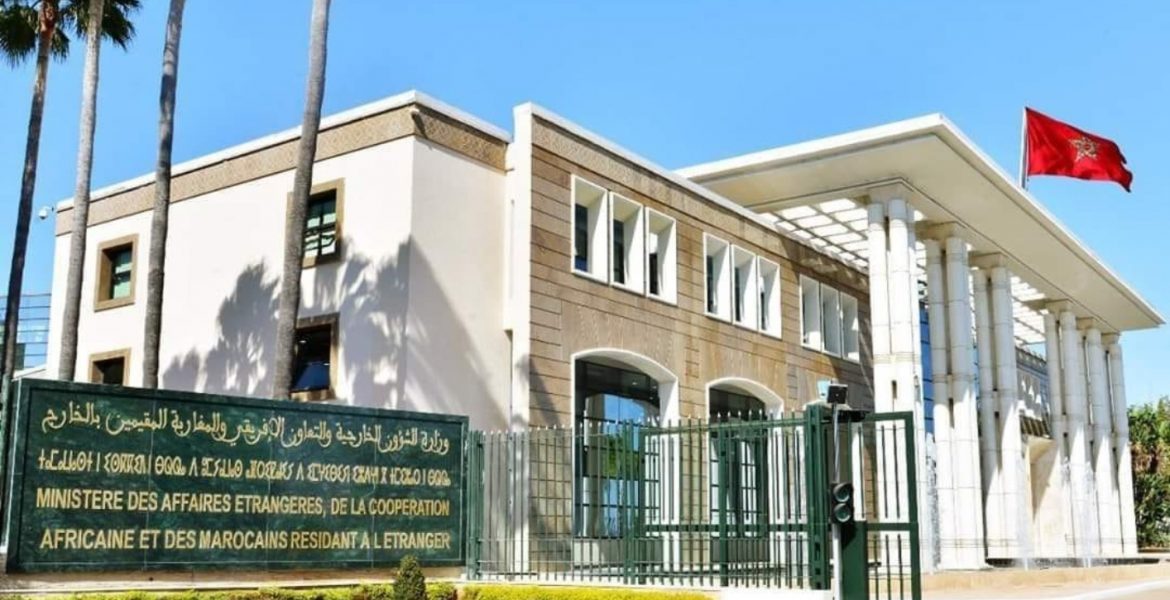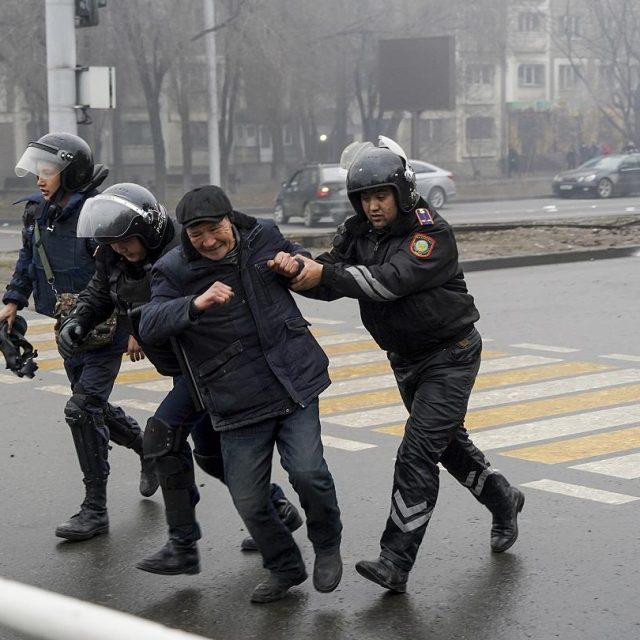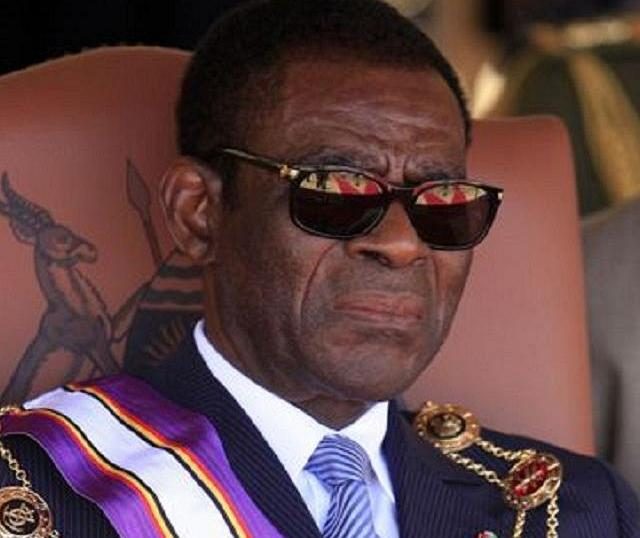Acting decisively on information received from the EU, HM King Mohammed VI of Morocco has ordered his Ministers in charge of the Interior and Foreign Affairs to resolve questions related to illegal migration by unaccompanied Moroccan minors in Europe.
A statement from the Ministries of the Interior and of Foreign Affairs, African Cooperation and Moroccans Abroad said that HM the King had stressed on several occasions, including to Heads of Foreign State, the clear and firm commitment of the Kingdom of Morocco to accept the return of duly identified unaccompanied minors.
Cooperation mechanisms have been set up for this purpose with certain countries, in particular France and Spain, which have resulted in the returning of several dozens of minors to Morocco, the statement said.
The delays noted in the implementation of this cooperation are mainly linked to blockages caused by the complex (administrative and judicial) procedures in some European countries. Morocco is the first country to act on concerns about certain circles of civil society, or even criminal networks, which use the supposedly precarious conditions of minors as a pretext to exploit them.
Morocco is ready to collaborate, as it has always done, with European countries and the European Union (EU), for the settlement of this issue, the statement said, noting that the Kingdom hopes that the EU and the countries concerned will be able to overcome the procedural constraints to facilitate this operation.
Morocco once again regrets that the migration issue, including the issue of unaccompanied minors, is used as an alibi in order to circumvent the real causes of the current political crisis with Spain, whose origins and foundations are well known.
The Moroccan authorities reserve the right to provide, at the right time, the appropriate responses to the unfounded accusations of the Spanish government, the statement concluded.
Over the past decade, border control actions undertaken by the Kingdom of Morocco have required a budget of several billion euros in terms of operations, human resources and material investment. Recent aid received from the EU represents less than 10% of the financial resources committed by Morocco.
These large-scale efforts by the Kingdom of Morocco have made it possible to strengthen the border control system and neutralise the cross-border trafficking routes. These routes are used by illegal networks which carry all kinds of potential threats ranging from the infiltration of migrants to that of terrorists, jihadists and foreign fighters as well as drugs, arms and contraband trafficking.
By drastically reducing the large scale of migrant arrivals to Europe, Morocco continues to make a significant contribution to regional security. Over the past decade, Morocco has prevented more than 450,000 illegal migrants from reaching Europe. The numbers speak for themselves.
In the last 4 years, Morocco has prevented more than 14,000 attempts by illegal migrants to reach Europe; this work has included over one hundred raids by the border control service on the town of Sebta.
During this period, Morocco exchanged over 9,000 pieces of intelligence information with Spain on illegal migration, and has dismantled 8,000 human trafficking cells.
Commenting on the situation, a spokesman for the European External Affairs Service said, “The EU welcomes the decision of Morocco to facilitate the re-entry of unaccompanied and duly identified Moroccan minors. We hope this decision can be effectively implemented, while ensuring the best interest of the children concerned.”
“For years, the EU and Morocco have had an excellent cooperation on migration, leading to very good results. We remain confident that this fruitful collaboration can be preserved.”
“Morocco is an important partner for the EU and one of our closest neighbours. We will continue our close cooperation with Rabat to address our common challenges and advance our bilateral partnership, to our mutual benefit.”




